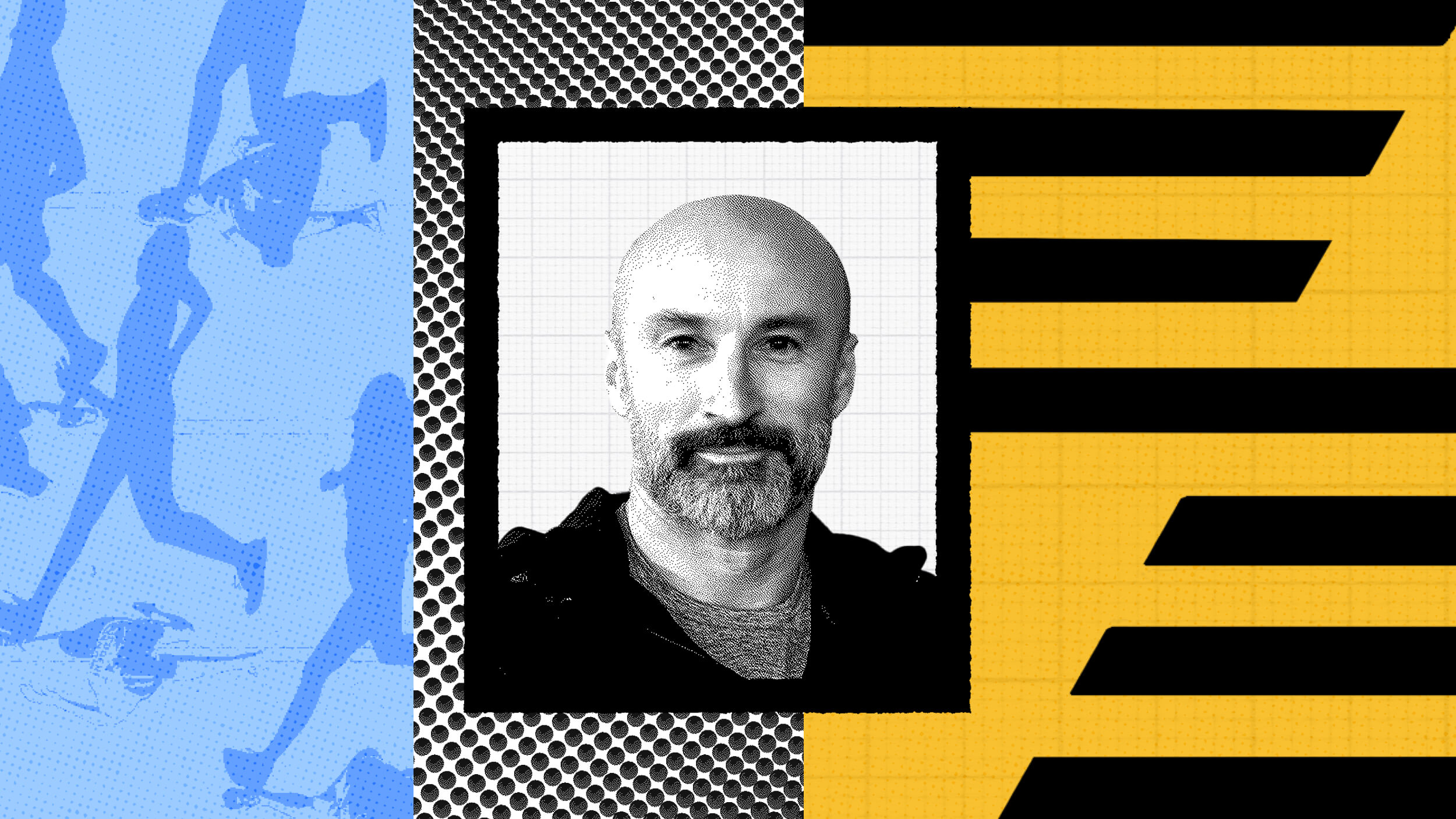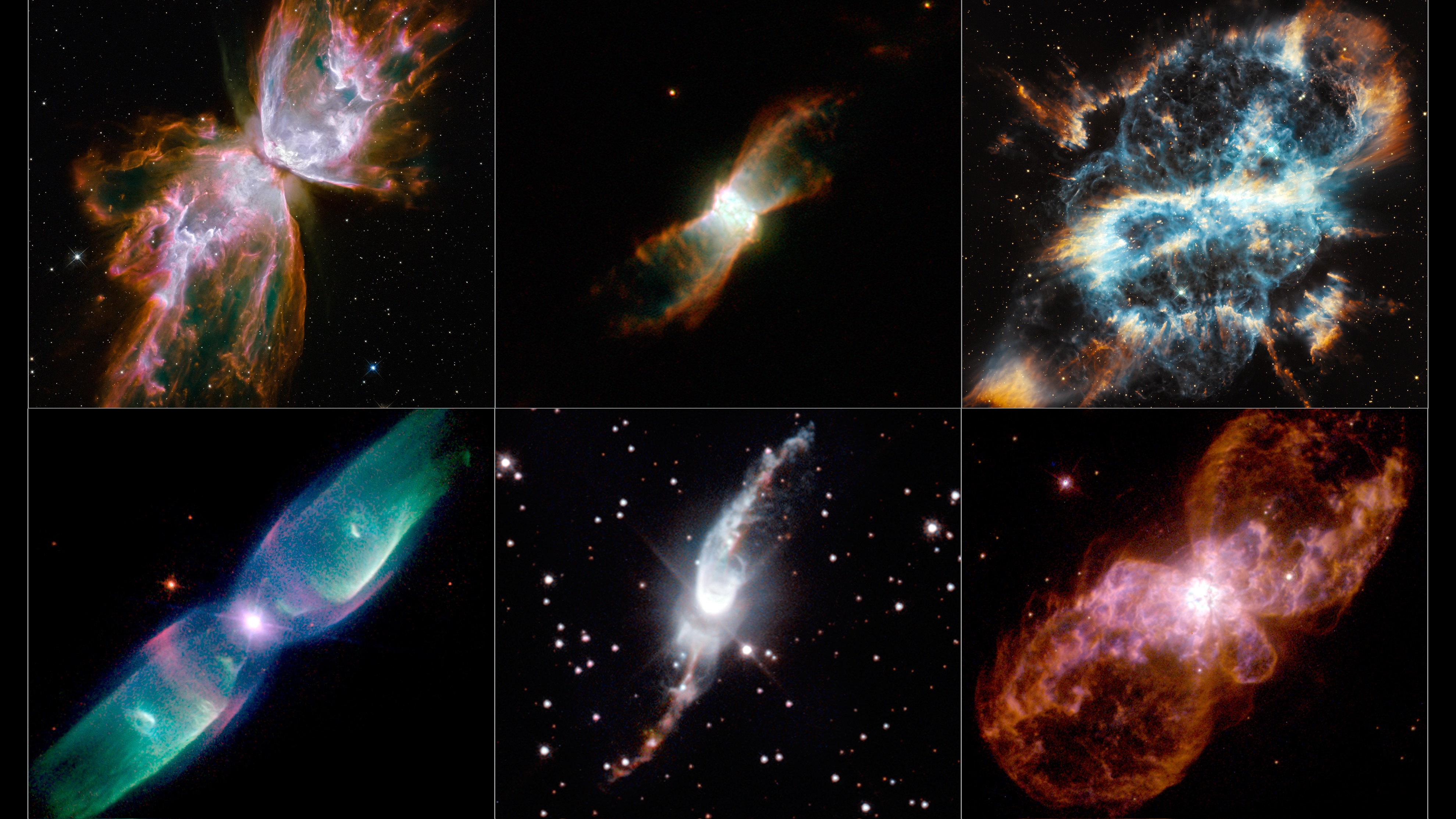Kadam Morten: Buddha said, “There is no creator other than mind.” So rather than talking about who created the world, it’s actually more pragmatic, more practical, more relevant, to actually ask yourself who created your world. So, for example, like this talk, you know, my answering this question . . . Everybody who hears this is going to hear it in a different way. So you’re going to hear it in your way, I’m hearing it in my way, and whoever, you know, is watching this, is hearing it in their own individual way. So the question then comes up, well, where is the talk? Where is the answer? And actually we have to say, then, there is no answer outside of the perception of the answer. The answer is always linked to an individual perceiver. And so from that point of view, everybody is experiencing their own answer.
So similarly, you know, everyone is having their own view of me right now. Each one of you is experiencing me uniquely. Therefore, the “me” that you are experiencing is not outside your mind. So from that point of view, who created me for you? And the answer is, you did, because I’m not outside your mind.
So if that’s true for me, it’s actually true for the world. Your world is a reflection of your mind. And really, that’s the only world, so to speak, that’s relevant because that’s the one that you can do something about. And this answer is actually tremendously optimistic because what it does is it puts us into a vital relationship with our environment, with our world, with our relationships, where we begin to recognize how I experience the world depends on how I view the world, how I see the world.
And so if I change my mind, I actually change my world. Like, if I have a lot of anger in my mind, the world that I perceive is a world full of conflict and, you know, irritating people and stuff like that. Whereas, if I have a lot of love in my heart, then the world that I perceive is completely different. It’s a beautiful world and it’s full of attractive people and, you know, a place of love and kindness. So, it shows that if we work at changing our mind, we can change our world.
Directed / Produced by
Jonathan Fowler & Elizabeth Rodd
Kadam Morten Clausen is a Buddhist teacher in the New Kadampa tradition, a modern, worldwide tradition founded by Buddhist master Venerable Geshe Kelsang Gyatso, the author of more than twenty[…]
Related
It makes no sense to talk about a “religious life” and a “public life” — there is just life.
An atheist’s case for why American democracy needs a more Christlike Christianity.
The cofounder of Hyrox — one of the fastest-growing global brands in fitness — puts his snowballing success through a proper Big Think workout.
Empty space itself, the quantum vacuum, could be in either a true, stable state or a false, unstable state. Our fate depends on the answer.
Some nebulae emit their own light, some reflect the light from stars around them, and some only absorb light. But that’s just the beginning.





